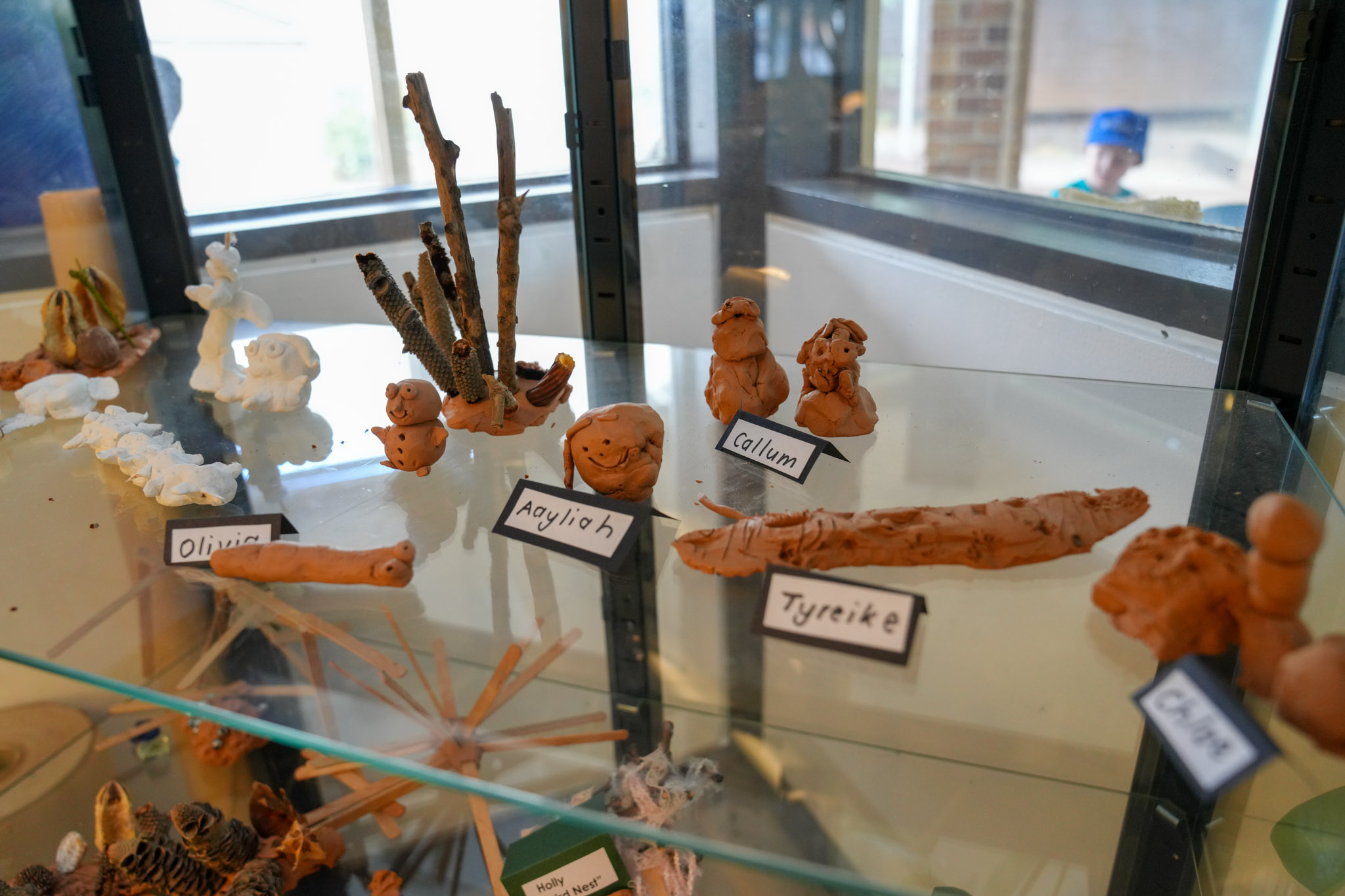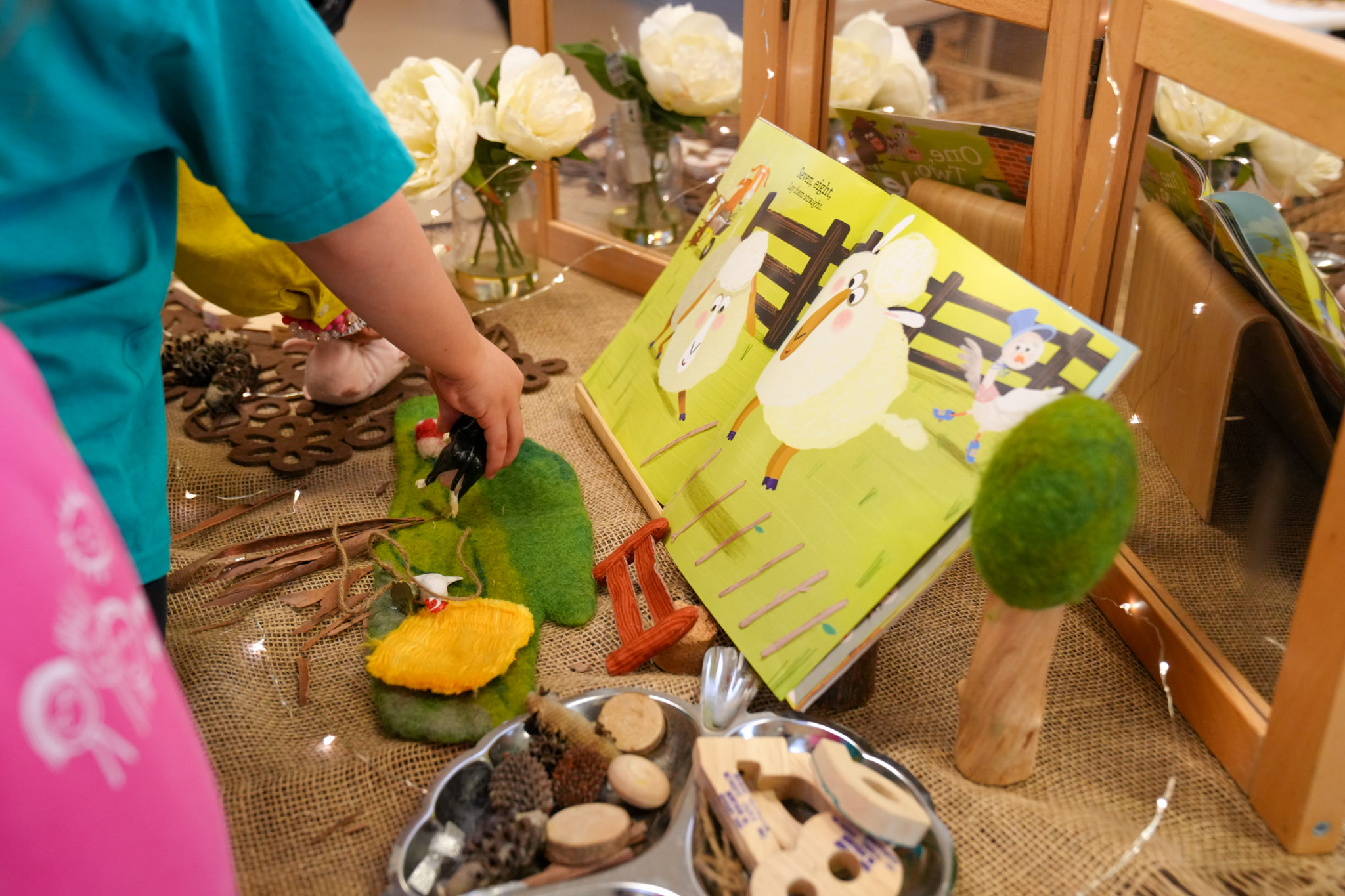About Our Kindergarten

Curriculum
We are committed to providing a quality teaching and learning programme based on the Early Years Learning Framework (EYLF) which is a National Curriculum document for children from birth to school transition. The Early Years Learning Framework describes childhood as a time of Belonging, Being and Becoming.
Belonging is the basis for living a fulfilling life. Children feel they belong because of the relationships they have with their family, community, culture and place.
Being is about living here and now. Childhood is a special time in life and children need time to just ‘be’- time to play, try new things and have fun.
Becoming is about the learning and development that young children experience. Children start to form their sense of identity from birth, which shapes who they are as they grow. Educators, in partnership with children and families, design learning with specific goals for each child and group of children, within a play based environment.

